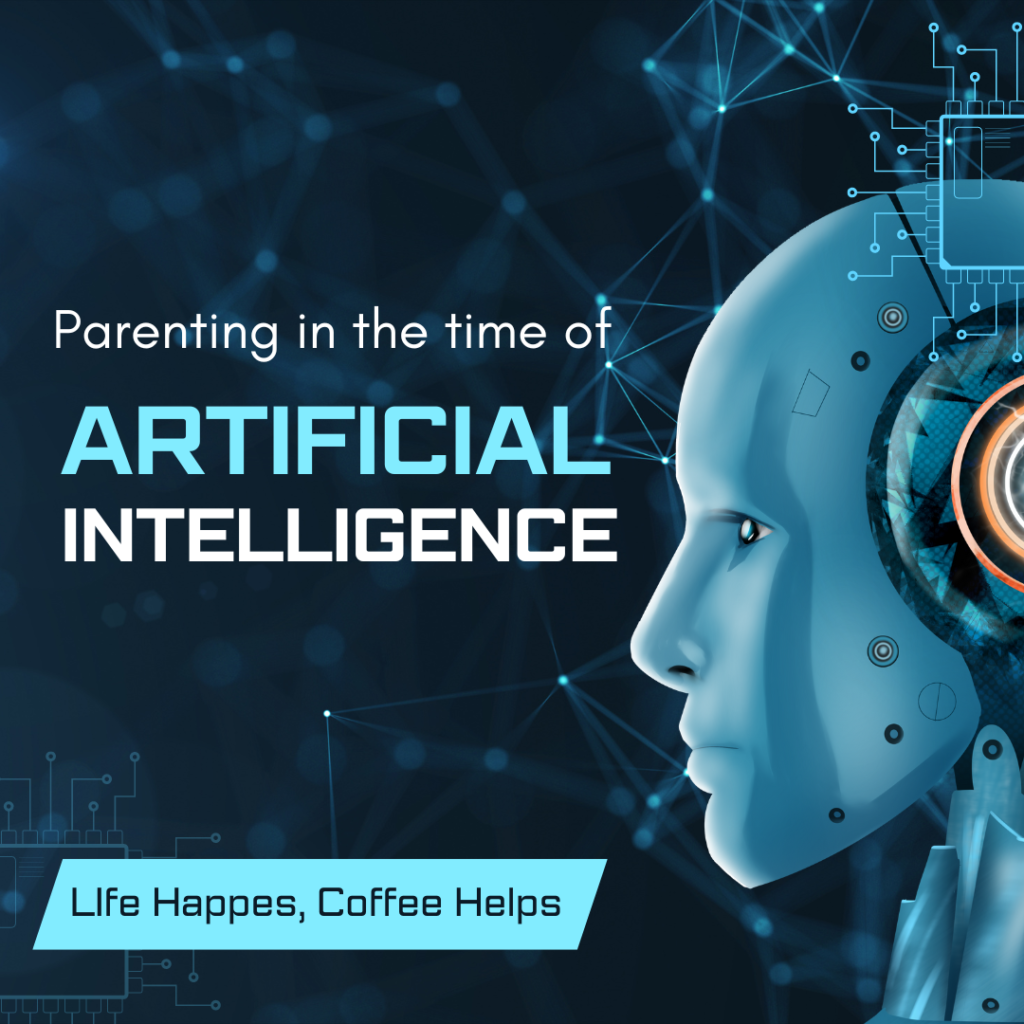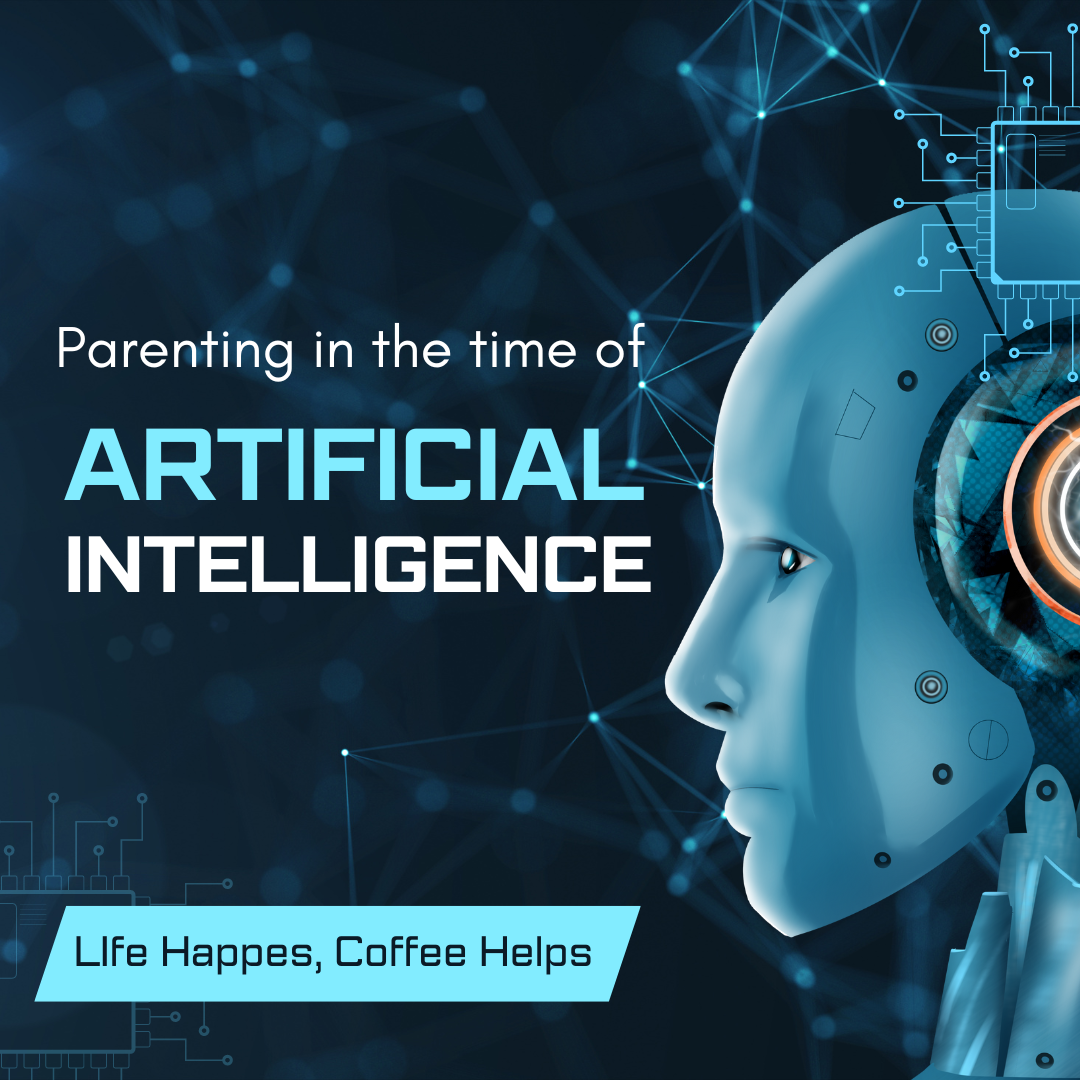
Artificial intelligence is the most significant innovation since the internet itself. Our children, who have grown up with personal devices in the palms of their hands, will interact with AI as it evolves throughout their lives. They are interacting with AI today in ways you might not even realize. Parents must learn about AI to guide their children’s relationship with this transformational technology.
As AI evolves, we must ask ourselves how to safeguard our children from its dangers. Our job as parents is to protect our children and teach them about the risks and dangers they face. AI is no exception, and perhaps one of the most important things we can teach our children today is how to interact with AI safely and responsibly. To do this, we must learn about AI ourselves.
How are kids using and learning about AI today?
Kids don’t have to log into ChatGPT or Google’s Gemini to interact with artificial intelligence. It is embedded into programs and devices they use daily. For example, every night, my 8-year-old plans his outfit for the next day by asking Google Assistant what the weather will be for tomorrow.
Today, children think nothing of talking to a device and expecting a factual and accurate answer. They don’t question whether the chatbot in the device is correct. If Google says it will rain, he better wear his rain boots. He believes it with 100% accuracy, which is dangerous because technology may seem perfect but is flawed.
I recently asked my son what he thought Google Assistant, Siri, and Alexa were. He replied that he thought it was a person answering him. We then decided to ask Google Assistant if it was a person. It replied ambiguously, “Well, people are the only species known to blush, and sometimes my lights turn red.” How is a young child supposed to understand such an obscure answer? I was disappointed
Everything about chatbots and AI is designed for us to trust them. If we don’t trust the information they give us, we will not rely on them like Google, Amazon, and Apple want us to. This is the truest and most significant danger of AI: People will stop thinking for themselves and rely solely on the information fed to them. There is nothing scarier for our future than that.
How do we teach our children to be skeptical of technology when it is so prevalent in their lives? AI suggests their next YouTube video to watch or recommends games for them to download from the app store. As I type this, the AI in this writing app suggests words while correcting my mistakes. It suggests social media accounts to follow and recommends products it heard you discussing with your friends. We must continue to remind our children to think for themselves and criticize the information given.
Get help monitoring your child on their devices. Bark makes protecting your child easy. The Bark app or Bark phone can alert you to dangerous behavior right away.
Here are some key lessons to teach your children about interacting with AI:
Learn about AI because it is there even when you don’t realize it.
Teach children to recognize AI at work in their lives. Algorithms influence what they see, hear, and experience in their apps and games. Explain that Siri, Google, and Alexa are not actually people but computers using a man-made voice. Show them that even though programs like Canva and Grammarly offer ways to edit their work, they are ultimately responsible for their content. Always check your work by re-reading it back to yourself.
Be skeptical. Artificial intelligence is not a substitute for human intelligence.
Double-check answers and never rely solely on AI for answers. One of the biggest concerns in education today is how students will use AI to do their work and lessen their learning. Students today need to understand that AI can give them a head start on a project or easy access to facts, but it is never worth completing the entire project through AI. As a writer, I rely on Grammarly’s AI tool regularly. While I love how much easier editing my work is, I always encounter errors. Teach your children to be skeptical of any and all information they are receiving and that there is no substitute for human creation.
Be aware of what information you share.
One of the most valuable resources in this information age is, well, information: your personal information, to be exact. Your children’s identity and personal information must be safeguarded. Your children’s identity and social security number are vulnerable to hackers and scams. Their bank accounts and medical records are, too.
Use protections like LifeLock and Bark.
If you’re like most parents today, the thought of trying to monitor all how to protect your child from online threats, cyberbullying, and the use of AI is overwhelming. Technological advances are happening rapidly, and keeping up with them can be nearly impossible. However, with AI technology helping parents in apps like Bark and Lifelock, tackling the dangers of AI is much simpler. With these helpful AI tools, parents can be alerted of suspicious or inappropriate activity in their kids’ accounts.
The positive side of AI:
Artificial intelligence can do great things, and we’ve only just scratched the surface of all that can be improved and enhanced by the use of AI. As we learned when the Internet was invented, both good and bad can come from such incredible information access. The outcome depends on who is wielding its power.
In conclusion, AI lacks the reasoning and ethical conscience that only humans have. AI is not a “little person” living in a device. It is a computer, a voice reading out what you would find on a Google search. This powerful innovation is shaping the future for our children in more and more ways every day.
The biggest challenge of parenting in the age of AI is teaching our children how to continue to think for themselves amidst a world of opportunity to rely on information spoon-fed to them. The more parents can learn about AILear, the better they can protect future generations. Educate your children on Artificial Intelligence and how it shows up in their lives. They will, after all, be the ones who wield its power. The future of AI and the world is in their hands.

